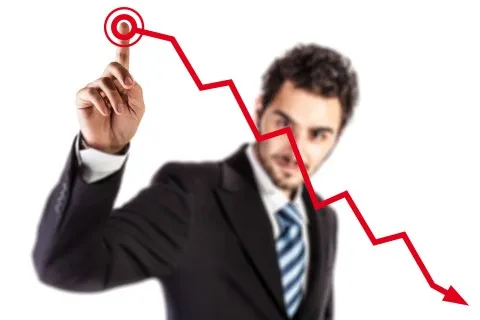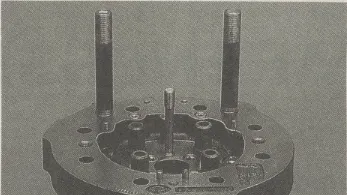
Cooling measures take effect as secondary residential transactions fall to 3,642 deals
This was 7.9% less than the SARS outbreak which shocked the housing market in 2003.
The Hong Kong government’s various efforts to cool Hong Kong’s overheated property market may be taking an extreme toll on the market as transaction volumes continue to fall short of historical levels with average monthly sales for the secondary market slipping to 3,642 deals in the first ten months of the year, according to a news release from JLL.
JLL adds that the number of transactions was 7.9% less than the housing demand in 2003 when the SARS epidemic shocked the market and is widely believed to have caused a drastic drop in housing demand.
It comes as no surprise that Hong Kong’s residential property outlook for the next 12 months is largely subdued as the government’s tighter mortgage lending restrictions seem to be kicking into effect.
JLL managing director Joseph Tsang therefore urged the government to review the various cooling measures it has put into place in an effort to stabilise the housing market.
He recommends that upgraders should extend Double Stamp Duty rebate grace period to allow buyers to pay levy in phases.
Moreover, Tsang suggests a separate treatment for the primary and secondary sales market in an effort to rebalance the market.
“There are about 1.2 million units in secondary market. Unlocking this supply could provide more choices to buyers and help reconnect the upgrading chain by redirecting buyers to secondary market. This could potentially allow price setting to be more dynamic in secondary market,” JLL added.
JLL adds that despite declining transaction volumes, the residential market is expected to show stable growth buoyed by strong performance from the luxury segment.
“In view of recent record highs being achieved in the market and wave of new supply coming online, we expect the luxury segment of the residential market to continue perform strongly, lending support to further price growth. Demand for mass residential will also remain strong, though sales momentum will slow given the strong growth in housing prices this year and the expected interest rate rise. We believe residential capital values will rise by about 10% in 2018 but potentially by as much as 20% under the right circumstances.” Tsang added.








![Cross Domain [Manu + SBR + ABF + ABR + FMCG + HBR + ]](https://cmg-qa.s3.ap-southeast-1.amazonaws.com/s3fs-public/styles/exclusive_featured_article/public/2025-01/earth-3537401_1920_4.jpg.webp?itok=WaRpTJwE)









 Advertise
Advertise


